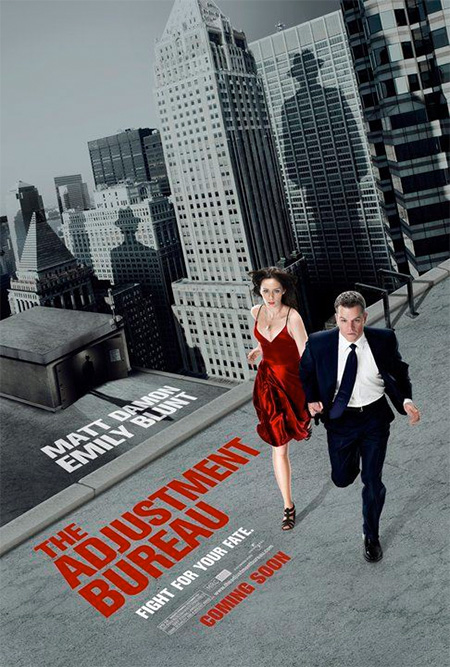There I go giving away my conclusion. Ah well. Anyways: American: The Bill Hicks Story is on Netflix streaming, and if you don’t know Bill Hicks you oughta watch it. If you do know who he is, you can watch it to get all pissed off all over again, or you could watch it because there’s some really cool footage of his teenage comedy act.
The problem I had is that the movie shows Hicks as a saint. Even when he’s going through his alcoholism, it’s not really his fault. He hung around with a dangerous crowd, right? And he got off alcohol soon enough, after which it’s smooth sailing until he dies of cancer in the most polite, family-oriented, sane way possible. The movie was authorized and supported by his family, who come across as really decent people. His parents didn’t object to his comedy, which is saying something. But I still suspect the seal of approval might have gotten in the way of any real examination of the man.
I’m still glad I saw it. There’s a 60 second clip of his infamous heckler routine — the bit in Chicago where he gets heckled early on and decides to turn the evening into a brutal, stop and go, stutter-step deconstruction of the relationship between audience and comedian. I’ve seen the whole thing, cause it’s on YouTube, and the brief clip in the movie is worthwhile all by itself. I just wish the movie spent more time thinking about the alchemy that transmutes anger like that into comedy like that.
 I’m calling it:
I’m calling it: 